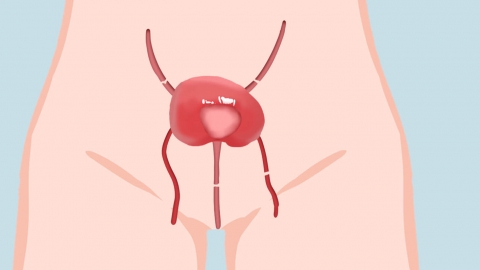Is it normal to urinate four or five times a night during early pregnancy?
In general, whether it is normal to urinate four or five times a night during early pregnancy depends on the specific condition of the pregnant woman and whether other symptoms are present. The detailed analysis is as follows:

If frequent nighttime urination occurs without discomfort such as painful urination, urgency, cloudy urine, or fever, it is usually considered a normal physiological phenomenon. Hormonal changes in early pregnancy can affect kidney metabolism, and the growing uterus may compress the bladder, reducing its capacity and leading to increased frequency of urination. This condition typically does not affect health and may gradually improve as gestational age increases and the body adapts.
However, if frequent nighttime urination is accompanied by symptoms such as pain during urination, incomplete voiding, blood in the urine, or soreness in the lower back or abdomen, it is likely an abnormal condition. These symptoms may indicate urinary tract infections, cystitis, or other issues. Due to decreased immunity during pregnancy, bacteria can more easily invade the urinary system. If left untreated, this could affect maternal and fetal health, so prompt medical evaluation and intervention are necessary.
Daily recommendations include moderately increasing fluid intake during the day to maintain proper urine flow, reducing fluid consumption two hours before bedtime, and avoiding diuretic beverages such as coffee and strong tea. Maintain good external genital hygiene, frequently change into clean cotton underwear, and minimize bacterial growth. Eat a light diet and avoid spicy or irritating foods. Ensure adequate rest and avoid fatigue. If urinary symptoms worsen, seek timely medical evaluation, including urine routine tests.




